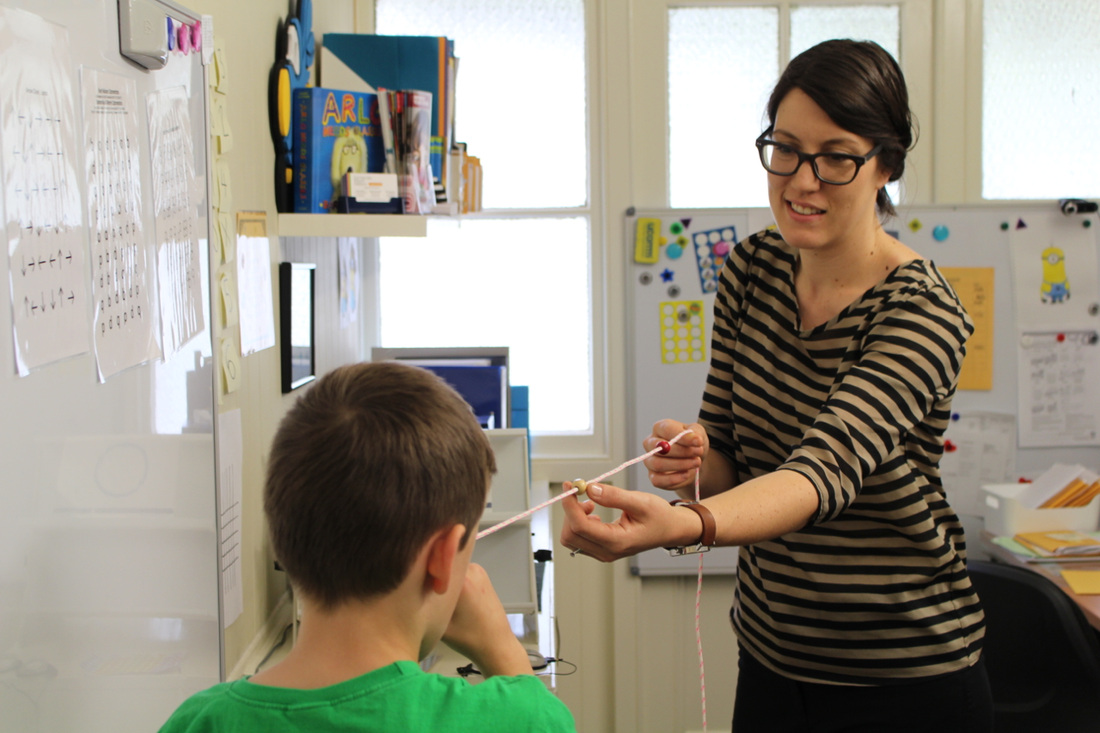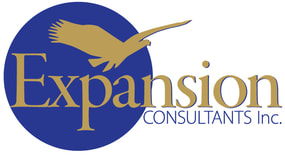With the New Year, come new resolutions, both personal and professional. For some optometrists, there is a desire to expand their current optometric repertoire and investigate the world of behavioural optometry and vision therapy.
Behavioural Optometry – what is it? It’s a common question, and one that can be difficult to answer. Often the discussion is reduced to a list of visual conditions, or types of people, or tests that are performed, and unfortunately the bigger picture can be overlooked. Behavioural optometry is a way of thinking and a philosophy that should guide every patient interaction. Whether the patient is an adult, a child, a diabetic, a student or a computer user, the task for the behavioural optometrist is the same. How can I ensure that the person’s visual system meets their life requirements and, does this patient have any unmet visual needs?
Practicing behavioural optometry may require looking at the visual system and the visual process in a different way to traditional optometric teachings. The task is… not so much to see what no one has yet seen; but to think what nobody has yet thought about that which everybody sees. (Erwin Schrȍdinger). Behavioural optometry may challenge the way you think about that which you have seen every day of your professional life. But more than that, it will most likely also provide you with answers to questions you have had about patient management, which traditional teachings have been unable to explain.
ACBO has designed the Practical Vision Therapy program for optometrists to take their first step into the world of behavioural optometry, and more specifically vision therapy. It is also a vector for optometrists who have experience in vision therapy to train a vision therapist and make delivery of this service more cost effective in their practice. The program was launched early in 2013, and is delivered through 3 weekend lectures/workshops and supplemented with online learning modules. To date more than 40 people have registered, almost half being optometrists. Vision therapists are eligible for accreditation by completing assignments and exams.
Katie Noller is a Vision Therapist who is currently enrolled in the Practical Vision Therapy program through ACBO. She works for Somerville Merrin Neilson Optometrists in Toowoomba. Prior to her work as a vision therapist, Katie completed an Honours degree in Visual Arts at the University of Southern Queensland. Her studies were focused on painting and the spatial relationship of installation based works. “Through exhibitions and study I pursued how painting became less about what was within its frame and more about how it could make an audience view the immediate space around them differently. As my work became more about changing people’s perspective of the space around them, and less about selling artworks I realised I might be on the wrong career path.”
The more Katie learnt about vision therapy, the more she wanted to be involved. “I have always been interested in how we perceive the space around us and how this stems from our own point of view. I like that through vision therapy, someone becomes more aware of where they are in the world, they can take more meaning from what is around them, and experience more in their lives.
I love being a vision therapist because it is a role that allows me to help someone make changes in their life that is going to broaden their perspective on how they see the world”.
For Katie, as with many other behavioural optometrists and vision therapists, the value in their interaction with patients lies in how important vision is to how we learn. Behavioural optometry and vision therapy is a means to develop how efficiently a patient extracts information and meaning from what they see to become more efficient in learning, or to sharpen their abilities to fulfil new challenges in their daily life.
“Although I am only new to the field, I believe vision therapy is important to optometry because it quite literally opens our eyes up to the idea that vision is not something that we are dealt, but something that we participate in. If we are involved then it is something that we can change and improve throughout our lives”, says Katie. “The ACBO Practical Vision Therapy program has introduced me to a great community of therapists, optometrists, mentors and peers. It has helped shaped my understanding of the theory and practice of vision therapy and has given me support, confidence and resources to propel my career as a vision therapist”.
For more information about getting started or furthering your education in behavioural optometry, contact Veronica at the Australasian College of Behavioural Optometrists (ACBO) or visit their website www.acbo.org.au


 RSS Feed
RSS Feed

